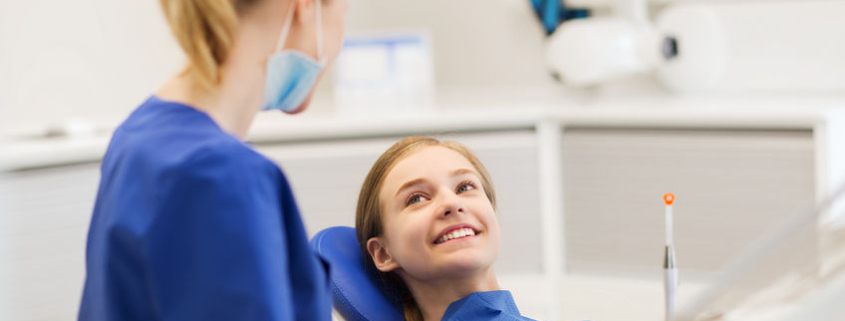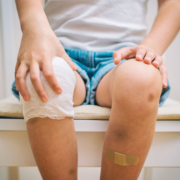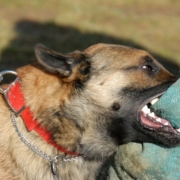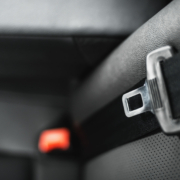What You Should Know If Your Child’s Dentist Recommends Sedation
All parents are nervous the first time their child is put under sedation for a dental procedure. However, they don’t (and shouldn’t) expect it to be fatal. In some cases, however, children have died under general anesthesia or deep sedation while having dental work done.
Some of these tragedies occur because dentists and those controlling the anesthesia don’t adjust for differences between children and adults. Children have smaller airways that are more likely to become obstructed.
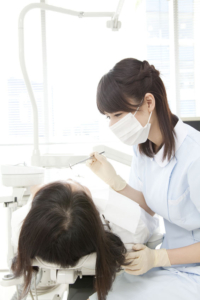 Another issue is that most traditional dental offices don’t have the equipment and resources to assist a child in distress, so crucial time is lost in getting help. That’s if the dentist and others involved in the procedure even realize what’s happening. Improper monitoring of a child’s vital signs and lack of proper training by those administering the anesthesia are two sources of anesthesia-related tragedies.
Another issue is that most traditional dental offices don’t have the equipment and resources to assist a child in distress, so crucial time is lost in getting help. That’s if the dentist and others involved in the procedure even realize what’s happening. Improper monitoring of a child’s vital signs and lack of proper training by those administering the anesthesia are two sources of anesthesia-related tragedies.
Sometimes kids seeming get through a procedure safely and start coming out of the anesthesia, so their parents take them home. However, his or her airway can still close up. That’s why proper recovery time at the dentist is essential. So is having another adult with you on the drive home to keep an eye on the child’s breathing. It takes children longer to fully come out of anesthesia than adults.
If your child’s dentist recommends deep sedation or general anesthesia for a procedure, don’t be afraid to ask questions. Find out about other options, like local anesthesia. If your child is very young, ask what the risks are of postponing the procedure. The head of the American Academy of Pediatric Dentistry says, “We advise members to use extreme caution when they’re looking at sedating a child less than 3. For those under the age of 2, I would recommend anesthesia be done in a hospital setting.”
Find out about the dental office’s and the dentist’s safety record and the experience and training of those involved. Find out specifically what your child will be given. Ask how your child will be monitored and by whom during and after the procedure. Ask if the procedure can be done in an outpatient clinic or hospital where a pediatric anesthesiologist and the staff can handle a potential crisis situation. If you’re not comfortable with the answers, take the time to get a second opinion.
If your child is injured or worse during a dental procedure, determine what your legal options are.

